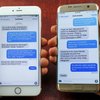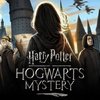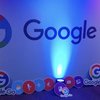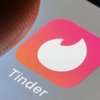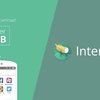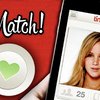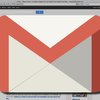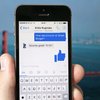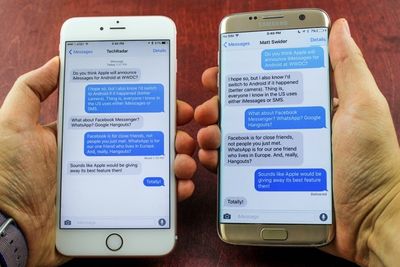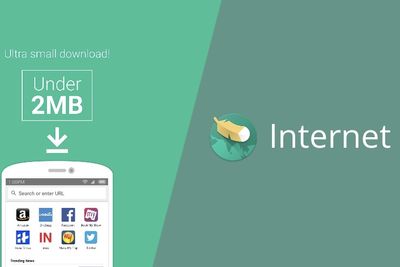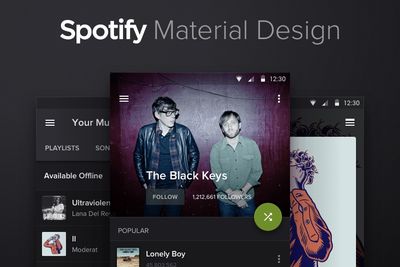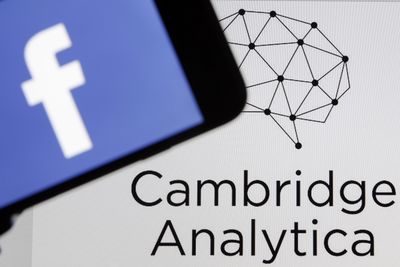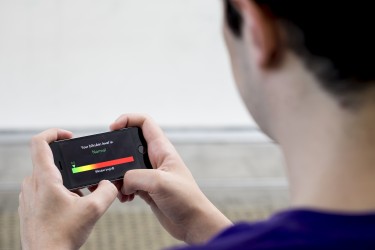
The new BiliScreen app is a smartphone app that can screen for pancreatic cancer by having users snap a selfie! This is done by controlling lighting conditions to detect signs of jaundice in a person's eye.
Pancreatic cancer has one of the worst prognoses – a five-year survival rate of 9%. A part of this is as a result of no obvious symptoms or non-invasive screening tools to catch a tumour before it spreads.
However, researchers at the University of Washington have now developed an app that can allow people to easily screen for pancreatic cancer and other diseases simply by taking a selfie.
This app, BiliScreen, uses a smartphone camera, computer algorithms and machine learning tools that will detect increased bilirubin levels in a person's sclera (the white part of the eye).
One of the earliest symptoms of pancreatic cancer, along with other illnesses, is jaundice – a yellow discolouration of the skin and eyes that is caused by a buildup of bilirubin in a person's blood.
The ability to detect signs of jaundice when bilirubin levels are elevated (before they are visible to the naked eye) could allow for a completely new screening program for people at risk.
In an initial clinical study of 70 people, the Biliscreen app (along with a 3-D printed box that controls the eye's exposure to light) correctly identified cases of concern 89.7% of the time compared to the blood test currently used.
"The problem with pancreatic cancer is that by the time you're symptomatic, it's frequently too late," said the lead author Alex Mariakakis, a doctoral student at the Paul G. Allen School of Computer Science and Engineering.
"The hope is that if people can do this simple test once a month – in the privacy of their own homes – some might catch the disease early enough to undergo treatment that could save their lives."
This app was built on earlier work from the University of Washington's Ubiquitous Computing Lab, which had previously developed BiliCam – a smartphone app that screens for newborn jaundice by taking a picture of a baby's skin. This is because a recent study in the Pediatrics journal showed BiliCal provided accurate estimated of bilirubin levels in 530 infants.
In collaboration with University of Washington doctors, the UbiComp lab specializes in using cameras, microphones and other common consumer devices to screen for diseases.
The blood test that is currently used to measure bilirubin levels is usually not administered to adults unless there is an obvious reason for concern and requires access to a health care professional which is inconvenient for frequent screening.
That is why BiliScreen is designed to be easy to use and non-invasive. This could help someone determine whether someone ought to consult a doctor for further testing.
In addition to the diagnosis, BiliScreen could also ease the burden on patients with pancreatic cancer who require frequent bilirubin monitoring.
The whites of the eyes in adults are more sensitive than skin changes in bilirubin levels, which can be an early sign of pancreatic cancer, hepatitis or Gilbert's syndrome.
Unlike skin colour, changes in the sclera are more consistent across all races and ethnicities.
However, once people notice the yellowish discolouration with the naked eye, bilirubin levels are already well past cause for concern.
As a result, The University of Washington team wondered if computer vision and machine learning tools would detect these colour changes in the eye before humans can see them.
"The eyes are a really interesting gateway into the body – tears can tell you how much glucose you have, sclera can tell you how much bilirubin is in your blood," said senior author Shwetak Patel (the Washington Research Foundation Entrepreneurship Endowed Professor in Computer Science and Engineering and Electrical Engineering.
"Our question was: could we capture some of these changes that might lead to earlier detection with a selfie?"
BiliScreen uses a smartphone built-in camera and flash to collect pictures of an individual's eye as they take a selfie. The team had developed a computer vision system that automatically and effectively isolates the white parts of the eye – a valuable tool for medical diagnostics.
The app then calculates the colour information from the white part of the eye (based on wavelengths of light that are being reflected and absorbed) and correlates this with bilirubin levels using machine learning algorithms.
The team tested two different accessories to account for different lighting conditions: paper glasses printed with coloured squares to help calibrate colour, and a 3D printed box that blocks out ambient and natural lighting. The box accessory led to better results.
So, what comes next? Well, the research team will include testing the app on a wider range of at-risk people when it comes to jaundice and underlying conditions, as well as continuing to make usability improvements. This includes removing the need to the above-mentioned accessories.
"This relatively small initial study shows the technology has promise," says a professor at the University of Washington Medicine Department of Pediatrics, Dr Jim Taylor, whose father died of pancreatic cancer at 70-years-old.
"Pancreatic cancer is a terrible disease with no effective screening right now," he said. "Our goal is to have more people who are unfortunate enough to get pancreatic cancer to be fortunate enough to catch it in time to have surgery that gives them a better chance of survival."
Watch the video to find out more about BiliScreen, the study and the results!
